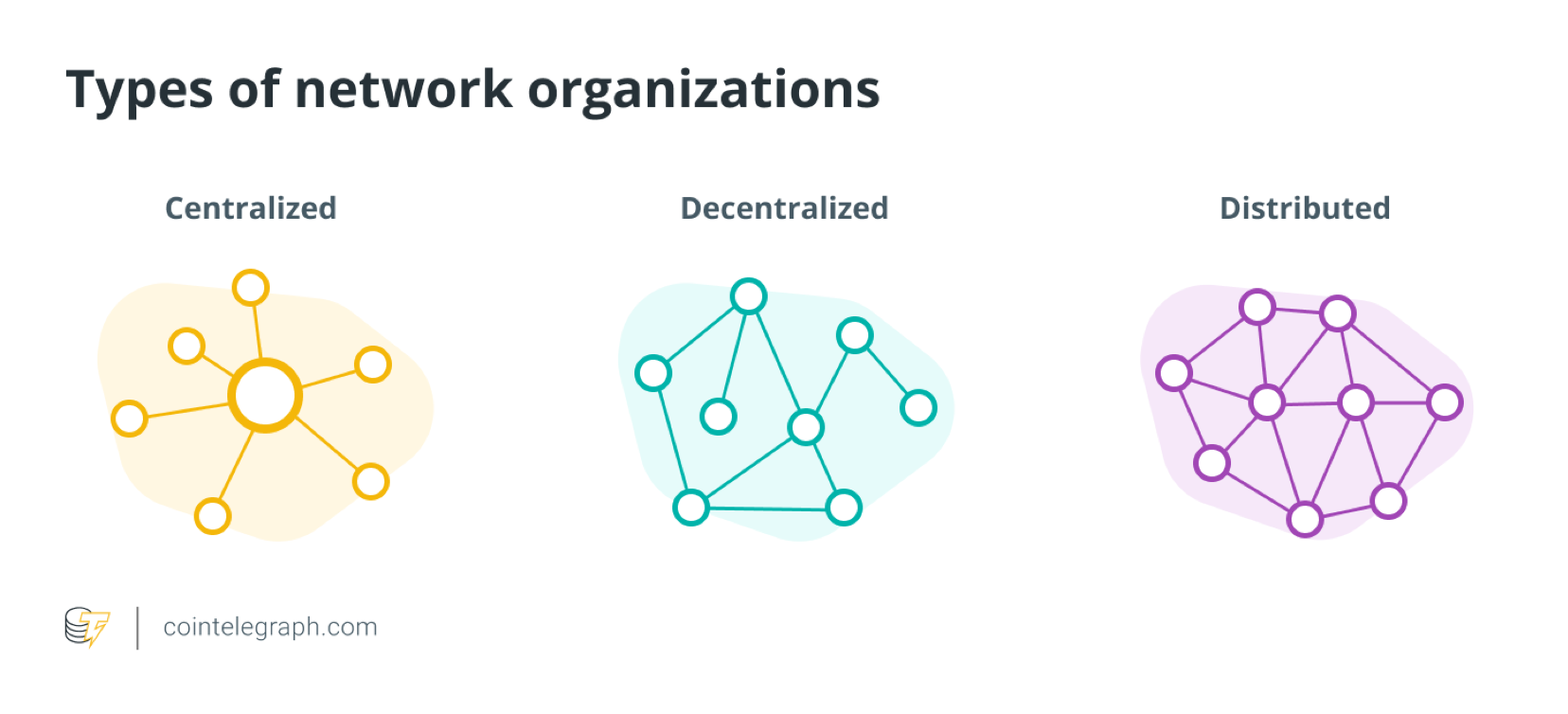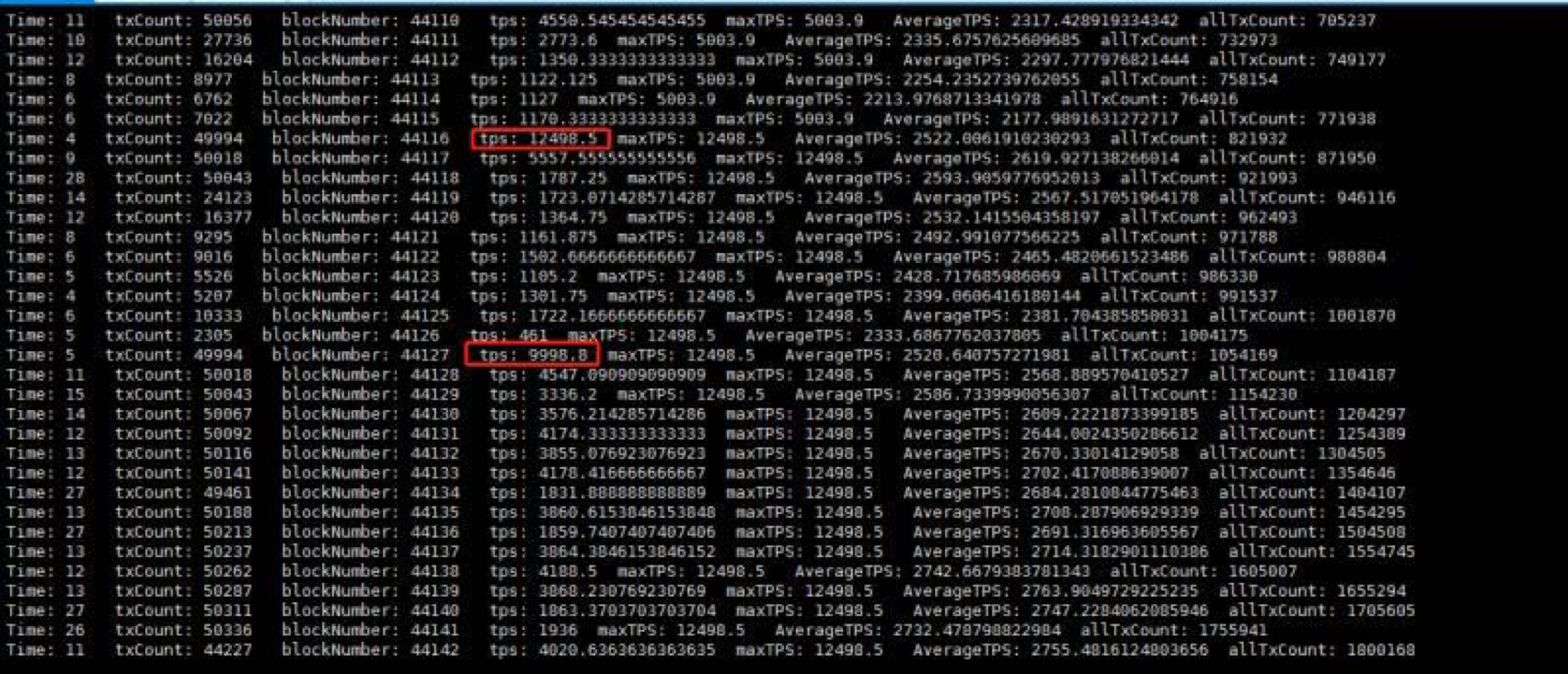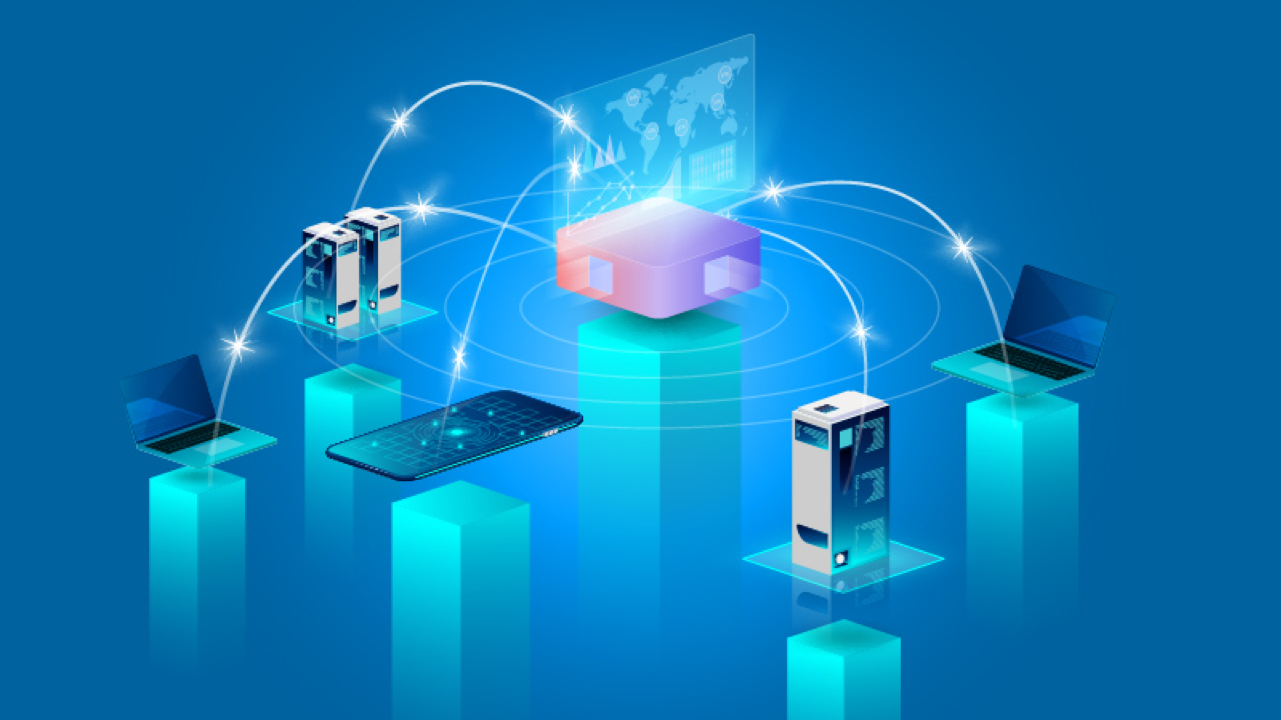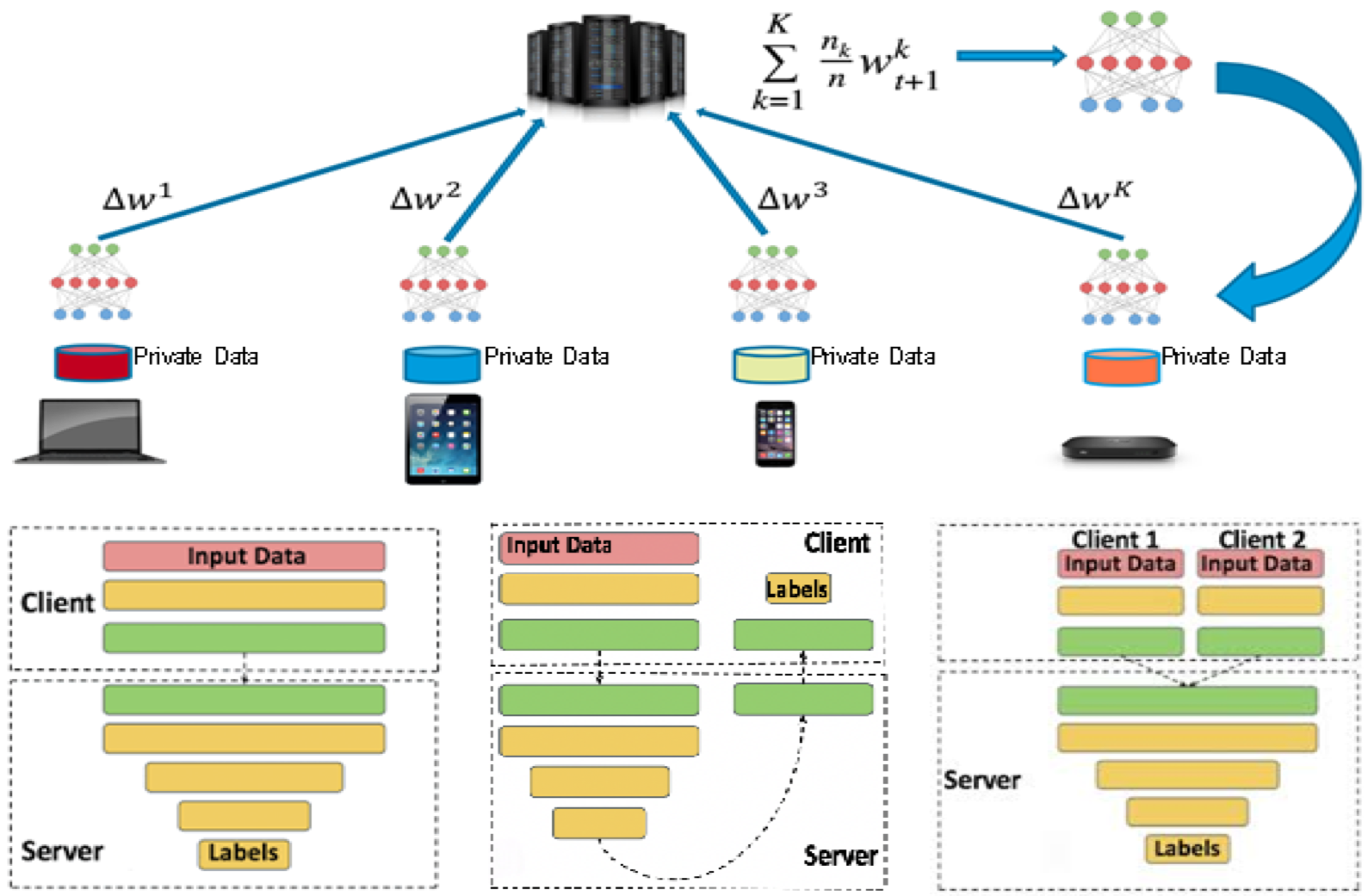Data, Computing, and Blockchain: The Fate of the Metaverse (Part 2)
Blockchain: The Value Foundation of the Metaverse
Simply put, the Metaverse is a virtual world that people can migrate into and one that is parallel to the physical world. And since societies, whether real or virtual, are founded on private asset ownership, the Metaverse cannot function without this fundamental issue solved.
The once-popular MMORPG game World of Warcraft was considered by many to be a Metaverse prototype. The game created a closed-loop virtual-world economy where players can not only buy in-game stuff with the gold they farmed, but also cash out the gold and get real-world dollars. But as time went on, one problem become more and more prominent. Blizzard has stated explicitly in its terms that all in-game assets are owned by Blizzard—not the players, which sounds ridiculous considering players have invested their time and money to create these assets in the first place. Today, companies like Facebook and Amazon are building their own versions of the Metaverse, but still, these platforms are centralized and thus cannot guarantee that people truly own their digital assets.
It is therefore clear that a decentralized world enabled by blockchain is the only answer when it comes to building the Metaverse. Blockchain technologies make decentralized settlement and value transfer possible. It guarantees transparent rules and trustworthy execution, thus protecting asset ownership and the smooth transfer of value in society, laying the foundation for an efficient and stable economy. As a mega platform that hosts all the virtual activities of humanity, the Metaverse will naturally hold a monopoly over traffic. If the Metaverse were to be dominated by centralized tech companies, they will possess far greater control over society than the Internet monopoly they currently enjoy. This will hurt the long-term development of the Metaverse, while blockchain is the perfect solution for such concerns.

Without blockchain, the Metaverse will never amount to anything but a more complex version of World of Warcraft or the Sims. Blockchain is the bridge between virtual and physical worlds, so that the virtual world can truly function like a parallel universe. Thanks to blockchain, people’s virtual assets and identities will be protected, and the exchange of value will be governed by transparent rules.
Blockchain is the perfect tool for this. And to realized the full potential of the Metaverse, we will need a highly efficient blockchain platform powerful enough to host the online activities of millions of people simultaneously. And Matrix AI Network, with its AI-empowered hybrid-PoW consensus mechanism, comes to the rescue. Boasting a mainnet TPS of over 10,000, Matrix is way faster than other unsharded public chains without compromising the security of its platform.

Computing: The Metaverse’s Engine
As we know, the Metaverse utilizes AI, VR, cloud computing, digital twin, blockchain and other technologies to mirror the physical world into a virtual world made up of data connected through the Internet. Computing power is the blood of this virtual world, where the functioning of all its features and services depend on computing. Therefore, to power a virtual world large enough to accommodate all of humanity, we need huge amounts of computing power.
In the meantime, since the Metaverse needs to be a decentralized society, decentralized computing is also a must so that people’s privacy is not compromised.
Matrix AI Network has presented a perfect system of solutions. The launch of MANTA marks the world’s first decentralized computing platform built on blockchain. This removes people’s security concerns when it comes to personal information in the Metaverse. In addition, Matrix’s open-source computing power distribution platform makes it possible for people to lease out their idle computing power. The huge amount of computing power needed to support the virtual activities of humanity may be beyond any company, institution or country’s ability to provide. But with this technology, each person can use his personal PC, smart phone or iPad to generate enough computing power for his personal use. If this can be done, will a fully immersive virtual reality still be far away?

Data: The Metaverse’s Most Valuable Asset
As an ecosystem parallel to the real world, the Metaverse needs its own complete economic structure. In the real world, people put a price tag on goods and services to represent their intrinsic value so that people can buy or sell them using money as a way of exchanging value. In the Metaverse, all things are digital, and how the value of things are measured and exchanged must also be suitable for the digital world.
This means the Metaverse will depend on a closed-loop economic system to exist, and people should be able to create value in the Metaverse and build their virtual assets. The question then becomes what will Metaverse assets look like?
What is considered valuable in the Metaverse is decided by community consensus. Bitcoin is a good example. But the Metaverse is still far from maturity. We are still waiting for breakthroughs in technology and VR infrastructure such as brain-machine interface. At the current stage, it’s too early to say what form Metaverse assets will take. But we can assume, with a great degree of certainty, that one thing will still be valuable in the Metaverse in the future, and that is data, which we are already creating and will only become more valuable as time goes on.
For data to be seen as assets, two conditions have to be met first: a. reliable data ownership authentication, and b. data security.
Matrix has already built a mature system of solutions for both issues. First of all, since Matrix is a high-performance public chain, it enjoys a natural advantage in authenticating data ownership. Secondly, Matrix’s IPFS distributed storage safeguards the security of data. Last but not least, Matrix’s unique distributed computing guarantees the separation of the ownership and usage right of data so that data can exchange hands without any concerns of personal information getting leaked. With these advantages, data can truly become an important asset in the Metaverse, and a closed-loop economy will eventually take shape.

Data, Computing, and Blockchain: The Fate of the Metaverse (Part 1)